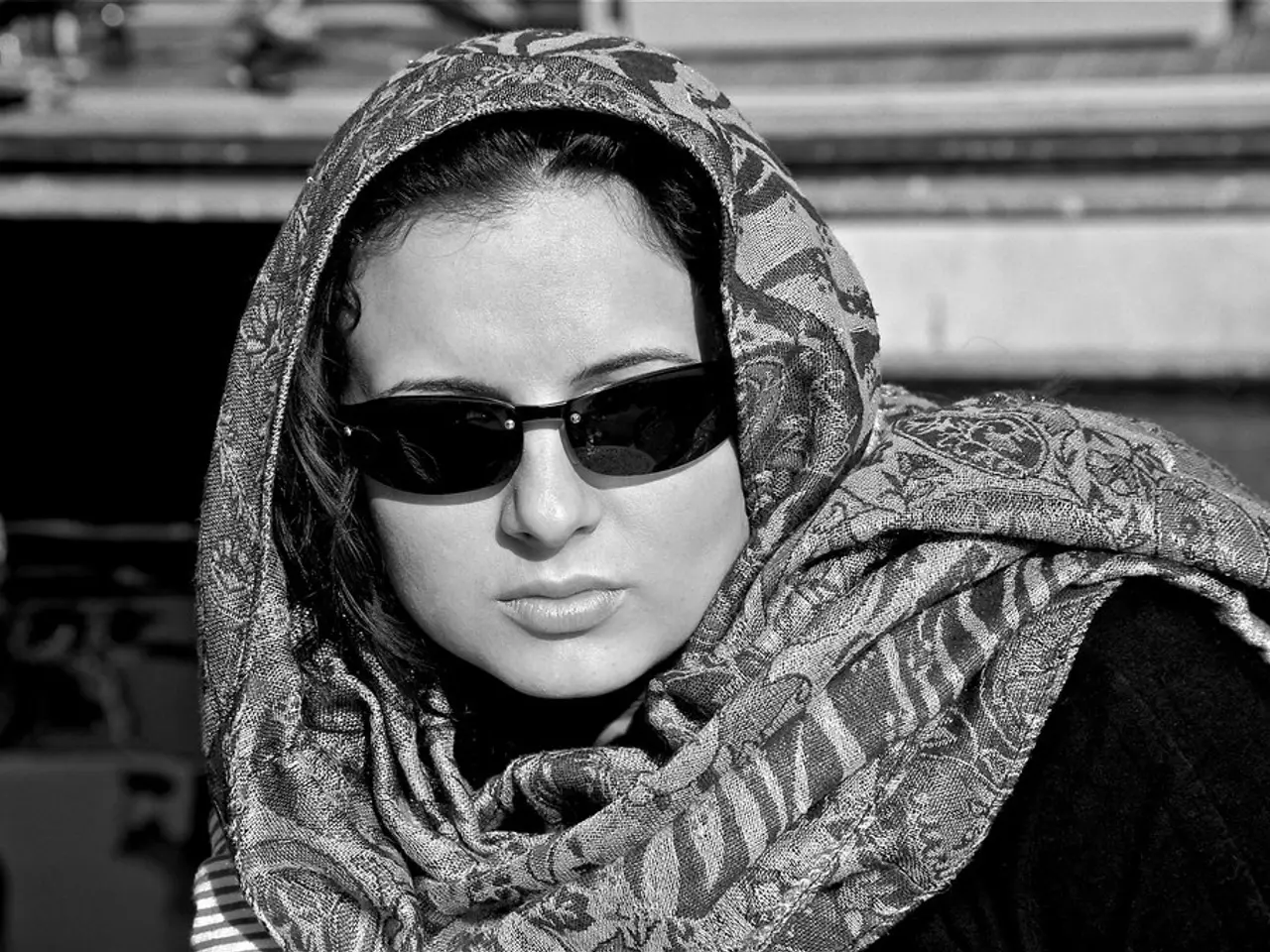Black politician Diane Abbott faces harsher criticism and higher standards due to her race and gender.
In the heart of British politics, the case of Diane Abbott, a Black woman MP, serves as a stark reminder of the systemic issues faced by Black women in both the political and corporate worlds.
Abbott, suspended from the Labour Party for a second time, made a controversial remark in a 2023 letter, suggesting that Jewish, Irish, and Traveller communities do not experience racism "all their lives." Despite clarifying and apologizing, the party maintained disciplinary measures, reflecting how Black women can be disproportionately penalized for expressing their perspectives on racism.
Racialized scrutiny and disproportionate disciplinary actions are not uncommon for Abbott. Her case mirrors a broader systemic issue where Black women, in expressing their experiences with racism, are often met with harsh criticism and penalties.
Challenges to fair hearing and voice are also evident. Abbott herself stated that as a Black woman, she would not get a fair hearing from the Labour leadership, signaling systemic barriers to equitable treatment and respect for Black women's experiences and voices within institutional power structures.
Intersectional discrimination and online abuse are another significant issue. Black women MPs like Abbott receive more online abuse than any other female MP. This reflects intersectional discrimination combining racism and sexism, making their professional environment more hostile and stressful than for white colleagues or Black men.
Misunderstanding and dismissal of nuanced racism are also prevalent. Abbott’s attempts to discuss hierarchies of racism and lived realities of anti-Black racism were met with accusations of antisemitism and political punishment. This shows a broader systemic issue where nuanced discussions about racism affecting Black women are shut down or misconstrued, sometimes to maintain a sanitized institutional narrative that avoids addressing entrenched racial inequalities.
Health and work challenges amplified by systemic bias are also a concern. Abbott’s health condition (type 2 diabetes) affected her performance during the 2017 election campaign, which was publicly scrutinized and misinterpreted. Black women often face compounded pressures balancing health issues, work demands, and systemic bias that affect their career trajectories.
The glass cliff phenomenon, where Black women are often disproportionately placed in leadership positions during times of crisis or uncertainty, is another challenge. In the corporate world, Black women are often not afforded the same level of grace as their peers and are often bullied and gaslighted out of the corporate ladder.
The systemic problem with racism in the corporate world is inherited like a treasured family heirloom, trickling down generations of leadership. A UK study by TUC found that over 120,000 workers from minority ethnic backgrounds quit their jobs due to racism in 2022.
In a follow-up BBC Reflections interview, Abbott was asked if she would condemn antisemitic behavior and replied that she has spent a lifetime fighting racism of all kinds, including antisemitism.
Abbott's fight against antisemitism in her constituency and her commitment to addressing systemic issues faced by Black women in politics and the corporate world serve as a beacon of hope for change. However, until these systemic issues are addressed, the battle for equality and fairness continues.
[1] https://www.theguardian.com/politics/2023/mar/01/diane-abbott-suspended-from-labour-party-over-controversial-remarks-about-racism [2] https://www.ons.gov.uk/employmentandlabourmarket/peopleinwork/earningsandworkinghours/articles/genderpaygap/2022 [3] https://www.bbc.co.uk/news/uk-politics-57436148 [4] https://www.amnesty.org/en/latest/news/2023/03/dianne-abbott-has-been-abused-online-ten-times-more-often-than-any-other-female-mp/ [5] https://www.theguardian.com/world/2023/mar/05/black-women-in-corporate-britain-face-a-double-standard-and-unfairness-says-report
- The systemic issues faced by Black women in both politics and the corporate world are not exclusive to Diane Abbott, as they reflect a broader cultural struggle for equality and fairness.
- The beauty of Abbott's resilience lies in her unwavering commitment to speaking out against racism, raising awareness about the intersectional discrimination faced by Black women in various realms.
- Health and fitness are essential components of a balanced lifestyle, but for Black women, the challenges of managing their wellness are compounded by systemic bias and high-stress work environments.
- In the realm of fashion, it's crucial to promote style that represents and uplifts diverse communities, including Black women, to celebrate their unique beauty and individuality.
- Social media platforms have the power to amplify the voices of Black women, yet they often become a battleground for online abuse, showcasing the combination of sexism and racism that permeates modern society.
- Science and technology can play a vital role in promoting workplace wellness by developing solutions to address systemic issues faced by Black women such as discriminatory practices and hostile work environments.
- The entertainment industry has a responsibility to champion women's health, particularly for Black women, by portraying accurate depictions of their experiences and advocating for health equity.
- In the realm of politics, there's a dire need for increased representation of Black women to ensure that their perspectives and voices are heard and valued in decision-making processes.
- General news outlets have an essential role in promoting fairness and accuracy in their reporting, especially when covering topics related to race and gender, to help combat the perpetuation of stereotypes and systemic inequalities.




